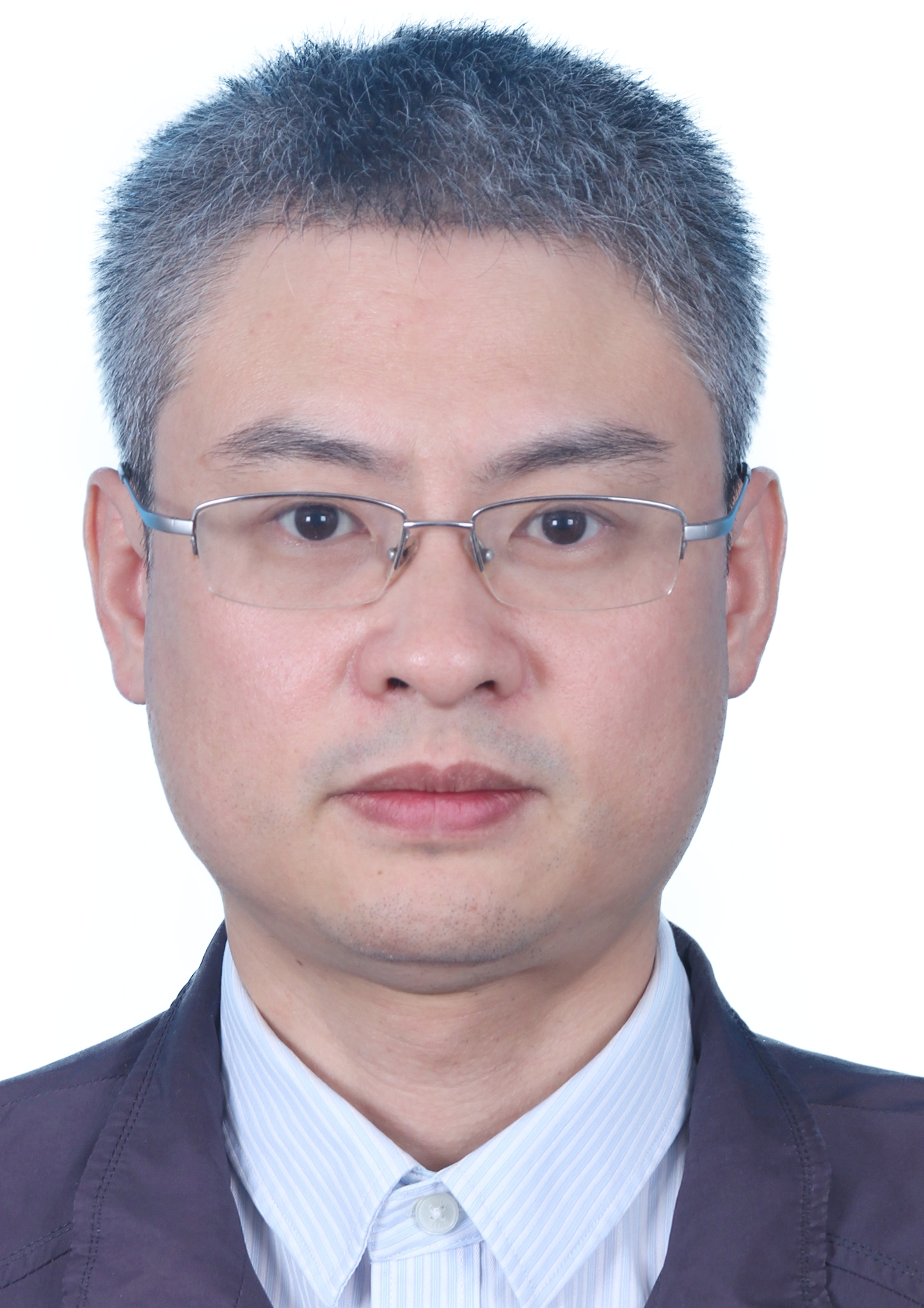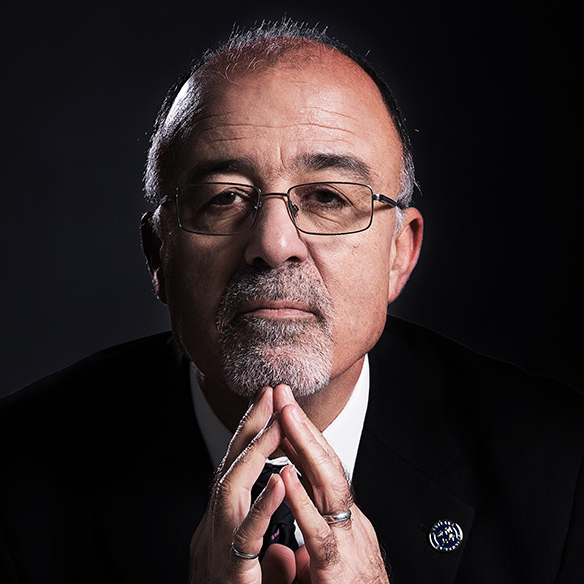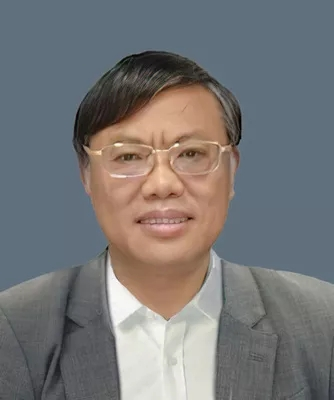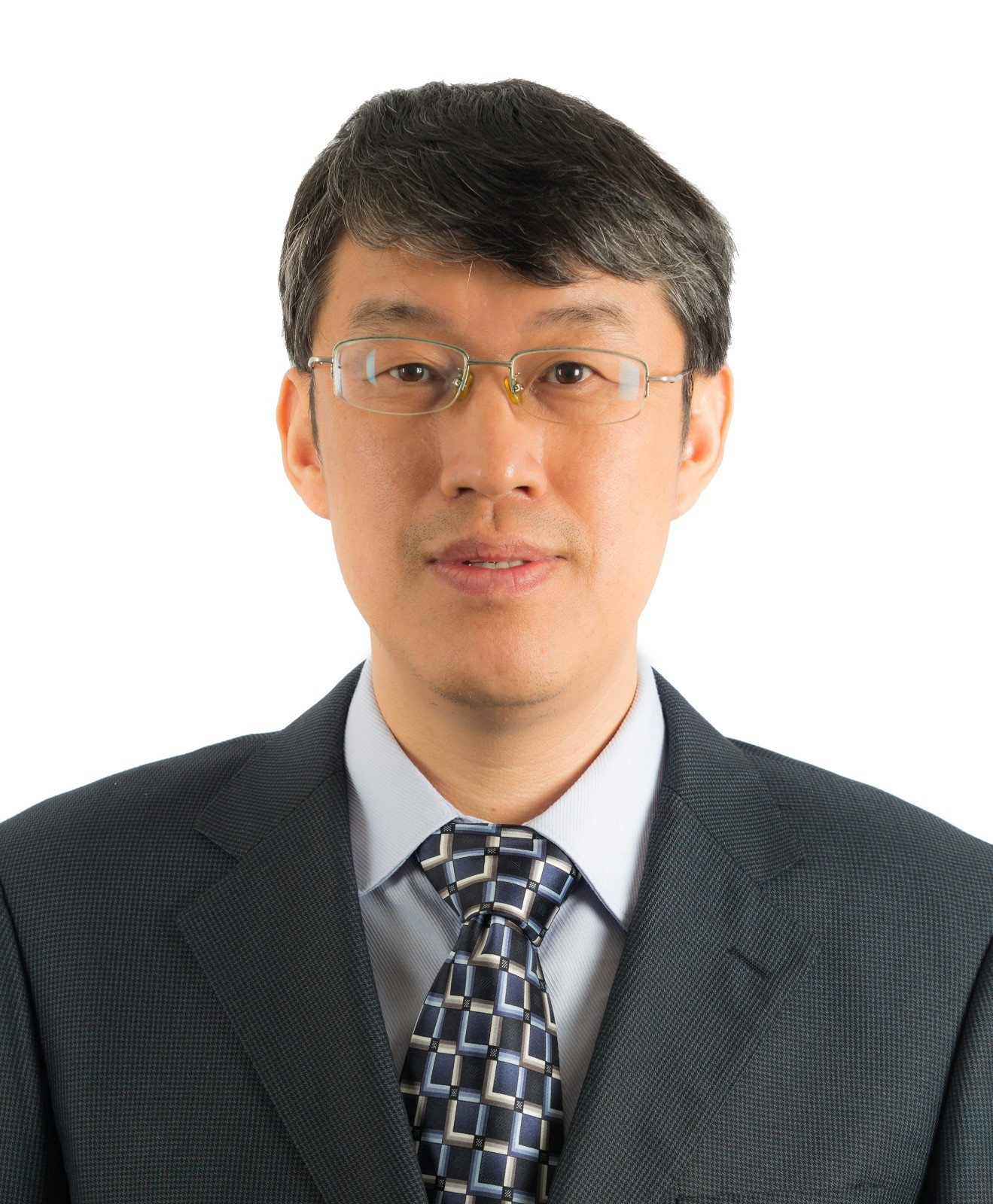
Plenary Speakers
| Prof. Mohamad Sawan Academician of the Canadian Academy of Engineering Academician of the Royal Society of Canada Academician of the Canadian Academy of Engineering IEEE Fellow Founder of the Advanced Neurochip Center of Westlake University Westlake University, China Mohamad Sawan, Fellow of the Canadian Academy of Engineering, Fellow of the Engineering Institute of Canada, Fellow of the Royal Society of Sciences of Canada, Fellow of the IEEE, is an internationally renowned scientist in the field of smart medical devices. He has made significant contributions in implantable and wearable medical devices based on smart microsystems. Professor Sawan got a Ph.D. in Electrical Engineering from University of Sherbrooke in 1990, was a postdoc fellow in Biomedical Engineering in McGill University in 1991, and was assistant professor, associate professor and full professor from 1991 to 2018 in Polytechnique, the Engineering School of University of Montreal. He joined the School of Engineering of Westlake University as a Chair Professor in 2018, he is the Founder and Principle Investigator the Center of Excellence in Biomedical Research on Advances-in-Chips Neurotechnologies (CenBRAIN Neurotech) in Westlake University. |
Prof. De-Shuang Huang Foreign Academician of Russian Academy of Engineering IEEE Fellow, IAPR Fellow & AAIA Fellow Eastern Institute of Technology, Ningbo, China De-Shuang Huang is a Professor/Director in Biomedical Data Mining and Computing Lab, Ningbo Institute of Digital Twin, Eastern Institute of Technology, Ningbo, China. He is currently Foreign Academician of Russian Academy of Engineering, the Fellow of the IEEE (IEEE Fellow), the Fellow of the International Association of Pattern Recognition (IAPR Fellow), the Fellow of the Asia-Pacific Artificial Intelligence Association (AAIA), and associated editors of IEEE/ACM Transactions on Computational Biology & Bioinformatics and IEEE Transactions on Cognitive and Developmental Systems, etc. He founded the International Conference on Intelligent Computing (ICIC) and the International Conference on Applied Intelligence (ICAI) in 2005 and 2023, respectively. He also served as the 2015 International Joint Conference on Neural Networks (IJCNN2015) General Chair, July12-17, 2015, Killarney, Ireland, the 2014 11th IEEE Computational Intelligence in Bioinformatics and Computational Biology Conference (IEEE-CIBCBC) Program Committee Chair, May 21-24, 2014, Honolulu, USA. He has published over 480 papers in international journals, international conferences proceedings, and book chapters. Particularly, he has published over 260 SCI indexed papers. His Google Scholar citation number is over 24770 times and H index 82. His main research interest includes neural networks, pattern recognition and bioinformatics. His main research interest includes neural networks, pattern recognition and bioinformatics. Title: Biological Motif Feature Mining by Deep Learning Abstract:Transcription factor/Translation factor (TF) plays a central role in gene regulation. Knowing the binding specificities of TFs is essential for developing models of the regulatory processes in biological systems and for deciphering the mechanism of gene expression. In this talk, I will first present the fundamental issue for motif prediction of biological sequences, then systematically present motif prediction of biological sequences in combination with the popular emerging technology “Deep Neural Networks”. Firstly, several classical models for deep neural network and the research status of biological sequence motif prediction will be briefly introduced, and the existing shortcomings of deep-learning based motif prediction is discussed, some motif prediction methods including high-order convolutional neural network architecture, weakly-supervised convolutional neural network architecture, deep-learning based sequence + shape framework and bidirectional recurrent neural network for DNA motif prediction are briefly overviewed. Secondly, some latest results are importantly presented. Finally, some new research problems in this aspect will be pointed out and over-reviewed. |
|
| Prof. Xiaoli Li IEEE Fellow Principal Scientist at the Institute for Infocomm Research Nanyang Technological University, Singapore Xiaoli is currently a department head (Machine Intellection department, consisting of 100+ AI and data scientists, which is the largest AI and data science group in Singapore) and a principal scientist at the Institute for Infocomm Research, A*STAR, Singapore. He also holds adjunct professor position at Nanyang Technological University (He was holding adjunct position at National University of Singapore for 6 years). He is an IEEE Fellow and Fellow of Asia-Pacific Artificial Intelligence Association (AAIA). Xiaoli is also serving as KPMG-I2R joint lab co-director. He has been a member of Information Technology Standards Committee (ITSC) from ESG Singapore and Infocomm Media Development Authority (IMDA) since 2020. Moreover, he serves as a health innovation expert panel member for the Ministry of Health (MOH), expert panel member for Ministry of Education (MOE), as well as an AI advisor for the Smart Nation and Digital Government Office (SNDGO), Prime Minister s Office, highlighting his extensive involvement in key Government and industry initiatives. Title: AI-Driven Time Series Analytics: Revolutionizing Industry through Predictive Insights |
Prof. Qinghua Huang Northwestern Polytechnical University, China Prof. Dr. Huang is a professor at Northwest Polytechnical University, a leading talent in China’s National Ten Thousand Talents Program, and a member of the Academic Committee of Northwest Polytechnical University. His main research interests include multi-dimensional ultrasound imaging, medical data mining and intelligent analysis, and medical robotic systems. He has chaired many key projects under the Ministry of Science and Technology’s 2030 Artificial Intelligence Major Project, as well as programs funded by the National Natural Science Foundation, international cooperation programs at the provincial level, and industry-university-research cooperation programs. Prof. Dr. Huang has published over 130 SCI papers, which have been cited nearly 7,000 times, with an H-index of 45. He has won the first prize in Science and Technology Progress from Guangdong Province and has been awarded as the Standford World’s Top 2% Scientist for years in a row. In 2017–2019, Prof. Dr. Huang was an AI expert consultant for Huawei Technologies Co., Ltd., and from 2023 to 2025, he serves as a smart healthcare consultant for Shanghai Pujiang Laboratory. Currently, he is an Associate Editor for the journals “Pattern Recognition” and “Neurocomputing”, and is on the editorial board of the journal “Digital Medicine and Health” issued by the Chinese Medical Association. Title: Medical Ultrasound Embodied Intelligence—Methods, Systems, and Applications Abstract: Medical ultrasound imaging, boasting advantages such as real-time imaging, non-invasive and non-radiative procedures, and low costs, has broad applications in clinical practice. However, the current ultrasound examination and imaging process relies fully on the operator’s experience, which makes it difficult to obtain standardized high-quality imaging data and thus reduces the accuracy and reproducibility of clinical interpretations and diagnoses. In the present work, we studied embodied intelligence models in the ultrasound imaging and analytical reasoning process, developed practical technologies and systems, and carried out relevant application practices. The developed application system can, to some extent, learn and replicate the operational techniques and diagnostic thinking of clinical doctors. Specifically, we designed and developed an autonomous ultrasound scanning robot and developed a brain-like reasoning method for breast/thyroid ultrasound images, developing a medical ultrasound embodied intelligence imaging and auxiliary diagnosis system. The system is expected to replace physicians in implementing standardized ultrasound image acquisition and brain-like intelligent analysis and diagnosis in clinical settings, which shows great prospects for applications. |  |


